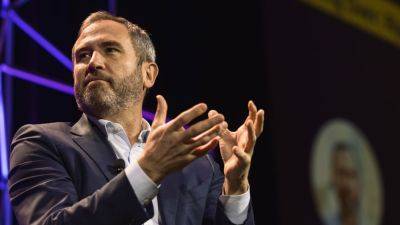Pay attention to Rachel Reeves: her economic thinking is a return to sanity
T he mythology of political history insists that politicians’ speeches are important. A lifetime in political journalism tells me different. Political speeches have got to be made, and some politicians are good at them – Michael Heseltine, the best I have ever heard – but most speeches are events of the moment. They are decorative, not determinative. Most do not matter much and are rightly forgotten, even the good ones.
There are, though, occasional exceptions. Rachel Reeves’ speech to the Peterson Institute in Washington DC on Wednesday has a claim to be one of those with a longer shelf life. Not because it was an oratorical tour de force stuffed with smart lines. It wasn’t. Some of Reeves’ terminology, such as her embrace of what she calls “securonomics”, is a distracting barrier to understanding what is otherwise a key idea. But that’s a small point. This speech matters a lot. It matters because the ideas and commitments it contains are serious – and because it addresses something indisputably important.
What it addresses is the long-term dysfunction of the British economy, now accentuated by Brexit. Inflation may have dropped to 8.7%, but it is still higher than expected – and food, services and underlying inflation are all still growing. Interest rates may rise again and are unlikely to fall soon. Britain’s economy is walking wounded. The cost of living crisis remains acute for millions. Optimism is in short supply.
Reeves’ speech was partly a response to the national imperative to put that right. But it was also about Labour’s familiar need to prove to voters that it can be trusted with the economy. Unsurprisingly, support for the Tories as the best party for the economy has tanked. But economic confidence in Labour,
Read more on theguardian.com



















